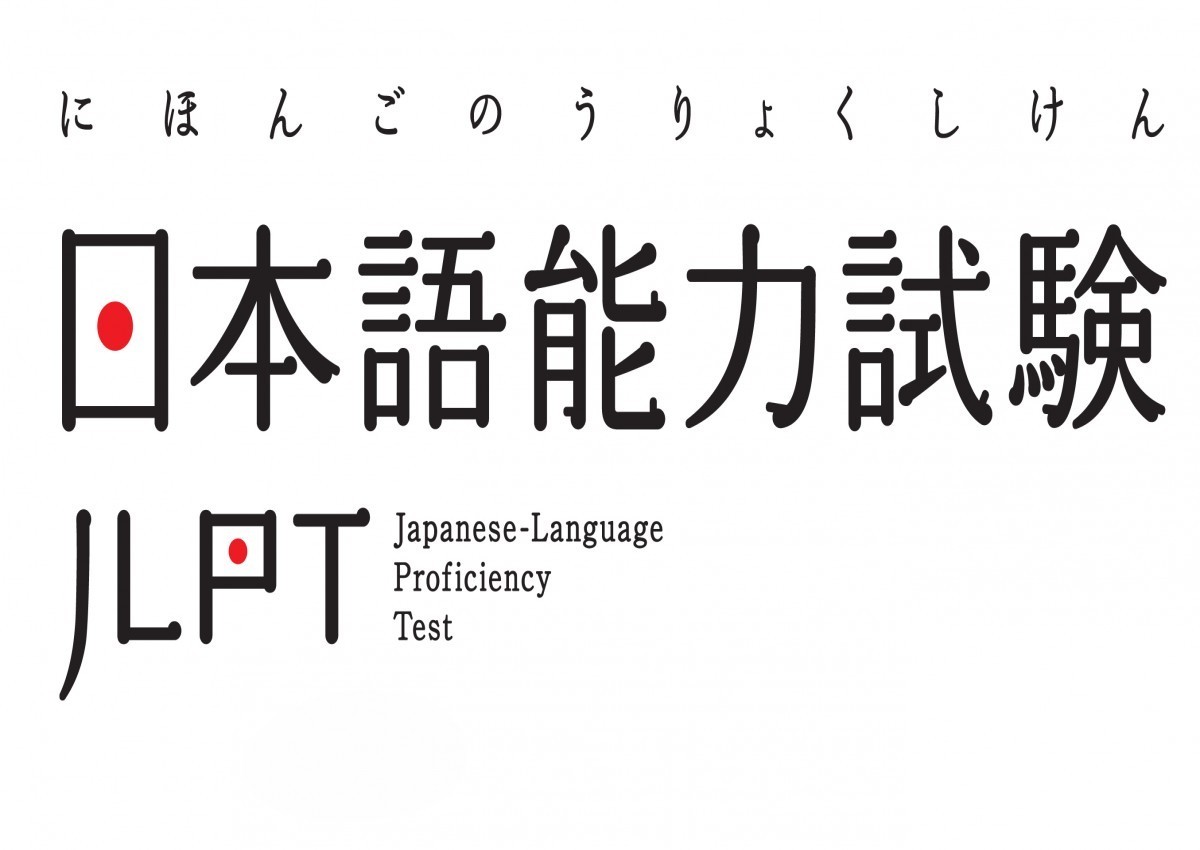08 Nov
"Beyond the Classrooms: How Understanding Japanese Culture Enhances Your Japanese Studies"
Beyond the Classrooms: How Understanding Japanese Culture Enhances Your Japanese Studies
Studying the Japanese language is not limited to textbooks and language classes. To truly master Japanese, it is essential to go beyond the classroom and delve into the rich tapestry of Japanese culture. This approach not only enhances your understanding of the language but also equips you with valuable insights that can significantly improve your performance in the Japanese Language Proficiency Test (JLPT). In this article, we explore how immersing yourself in Japanese culture can take your Japanese studies to the next level.
**1. Enhancing Vocabulary and Idiomatic Expressions**
Understanding Japanese culture exposes you to a plethora of new words, phrases, and idiomatic expressions that are deeply rooted in the culture. These terms often lack direct equivalents in other languages. For example, concepts like "omotenashi" (Japanese hospitality) and "wabi-sabi" (aesthetic centered around imperfection and transience) have unique cultural meanings. Learning these terms not only enriches your vocabulary but also deepens your cultural awareness, which can be particularly beneficial in the JLPT's reading and listening sections.
**2. Cultural Context for Language**
Language is inseparable from culture. Every language is a reflection of the culture that created it. Understanding the cultural context behind language use is vital for comprehending idiomatic expressions, nuances, and colloquialisms. For JLPT, where reading comprehension is a critical component, this cultural awareness can make the difference in your ability to grasp context and meaning.
**3. Improving Listening Skills**
The JLPT evaluates listening skills in its lower levels (N4 and N5) and places more emphasis on listening as you progress to higher levels. To excel in this section, familiarity with the rhythm, intonation, and pronunciation patterns of native speakers is essential. Engaging with Japanese music, movies, and TV shows provides an opportunity to fine-tune your listening skills while immersing yourself in the language.
**4. Cultural Sensitivity**
Japan's cultural norms, traditions, and etiquette significantly shape the way the language is used. Being culturally sensitive is crucial, not just for respectful communication but also for understanding texts and conversations in the JLPT. A culturally sensitive approach can guide you in selecting appropriate language and responses in various situations, which is often tested in the exam.
**5. Enhancing Memory and Retention**
Learning is most effective when it's engaging and enjoyable. Exploring Japanese culture, whether it's through traditional tea ceremonies, festivals, or contemporary pop culture like anime and manga, can make your studies more enjoyable. When you're having fun and connecting with the culture, you're more likely to remember new words and concepts, improving your overall language proficiency and performance in the JLPT.
**6. Real-life Applications**
The ultimate goal of language study is the ability to navigate real-life situations in the target language. Cultural understanding not only equips you with the appropriate language for specific contexts but also enables you to comprehend and respond effectively in various real-life scenarios, similar to those you might encounter in the JLPT.
**7. Cultural Themes in the JLPT**
The JLPT often includes passages and questions related to Japanese culture and society. Being well-versed in Japanese culture can give you a significant advantage when answering these questions. It allows you to approach the material with a deeper understanding, which can be particularly helpful for the reading and listening sections.
In conclusion, Japanese language study is about more than just words and grammar rules; it's about immersing yourself in the culture and embracing the broader context in which the language is spoken. By exploring Japanese culture, you not only gain a deeper appreciation for the language but also improve your language skills, especially in the context of the JLPT. To truly excel in your Japanese studies and perform well in the JLPT, go beyond the textbooks and embrace the culture that gives life to the language.










